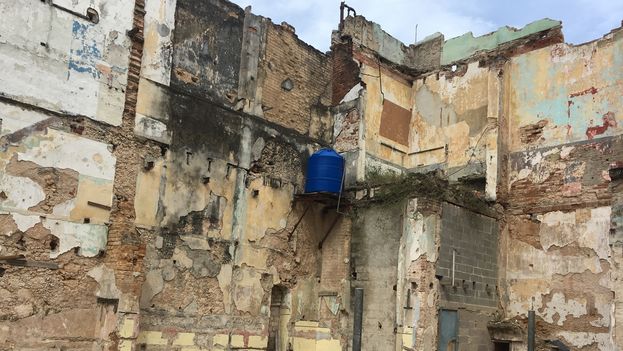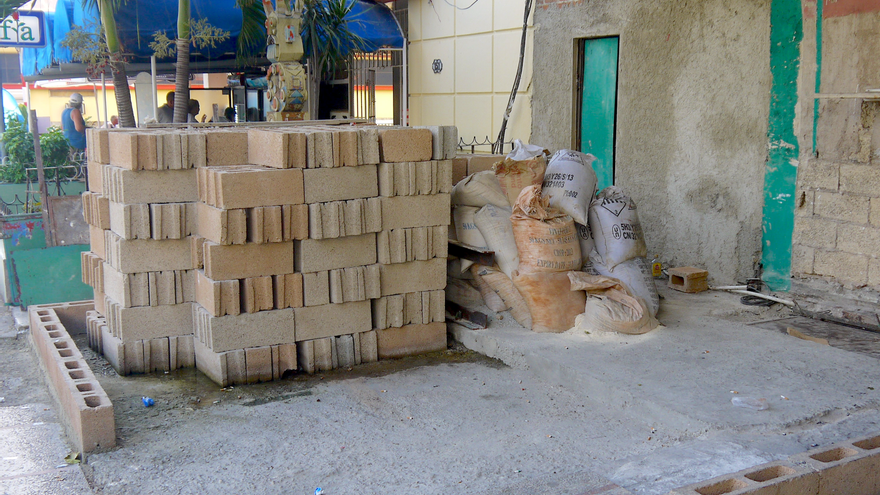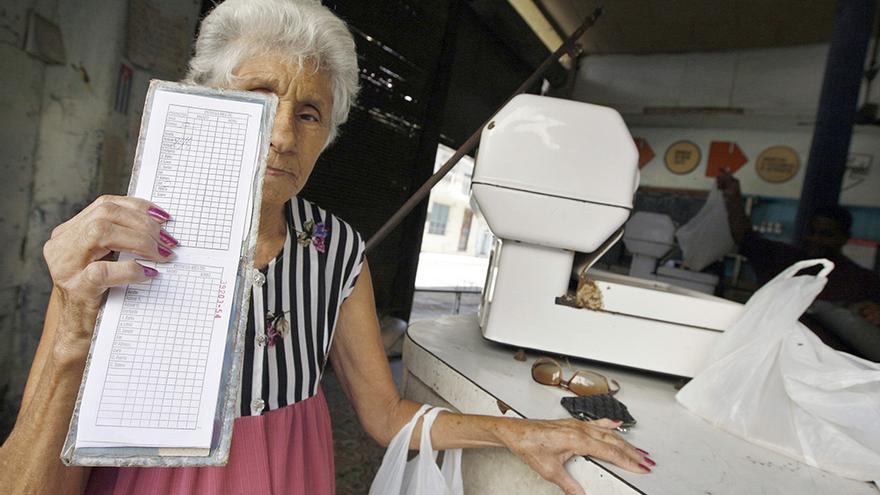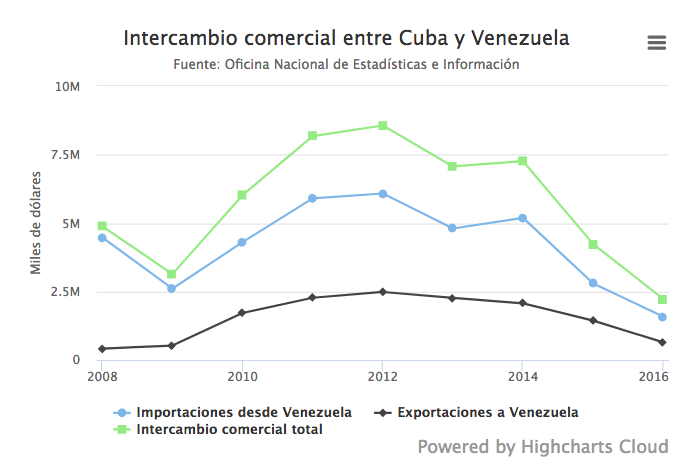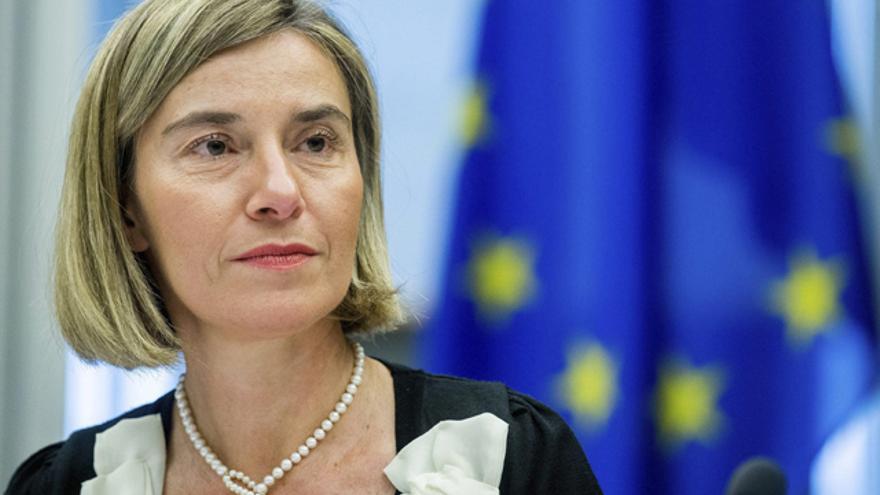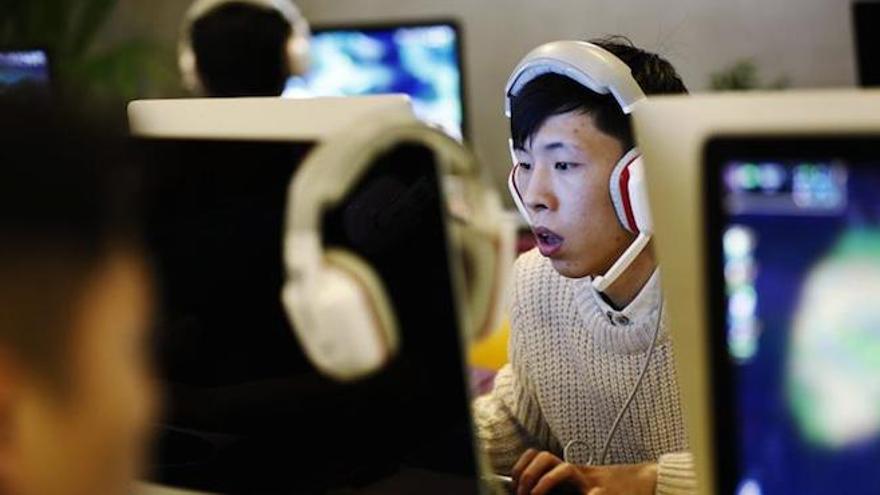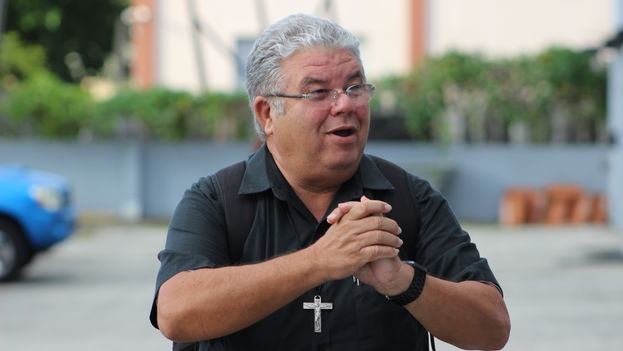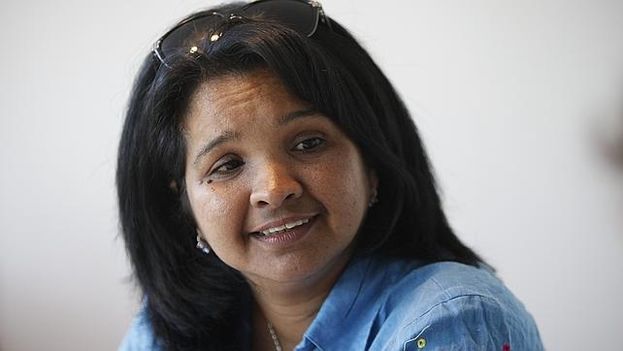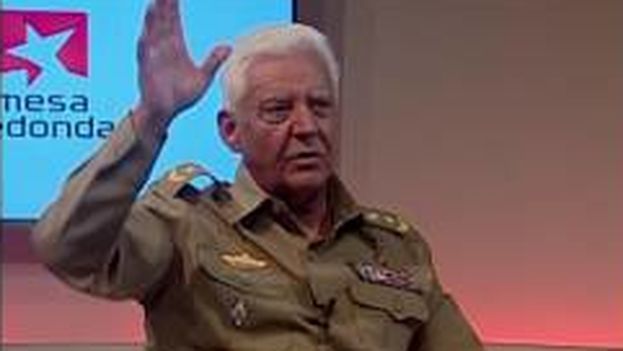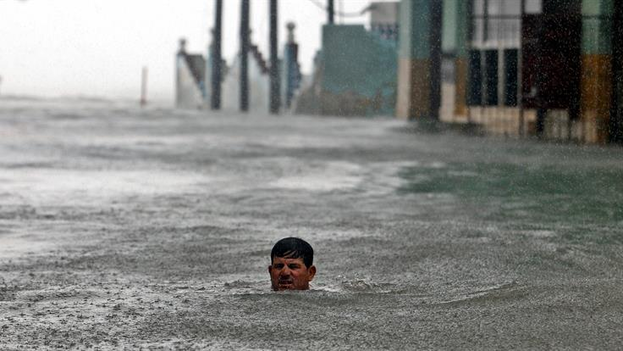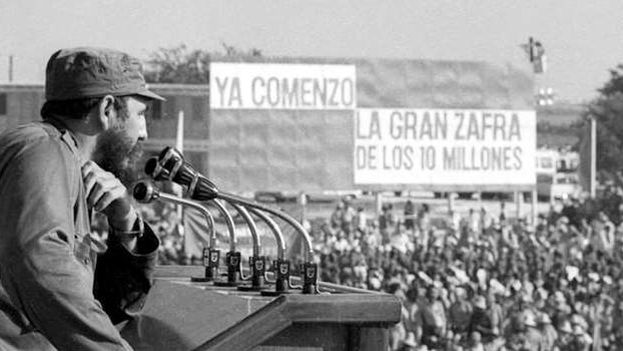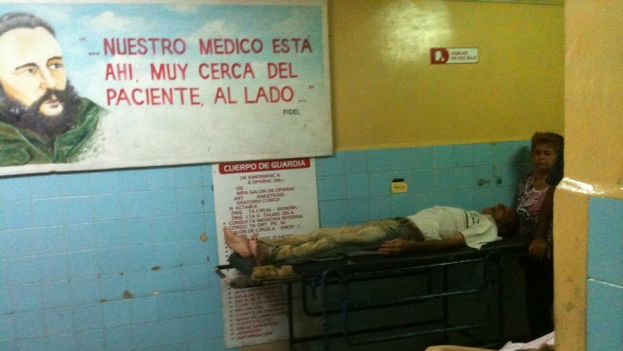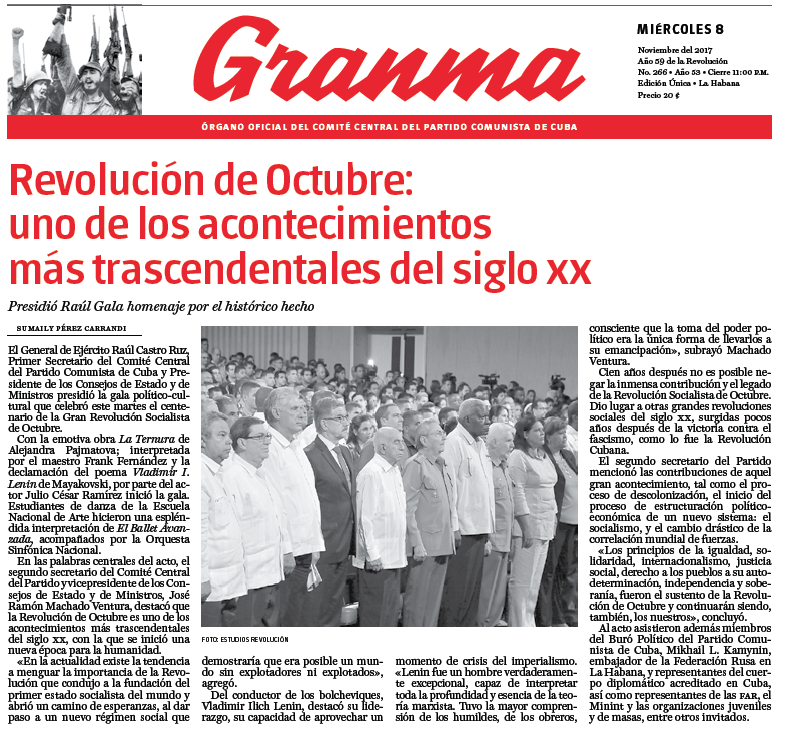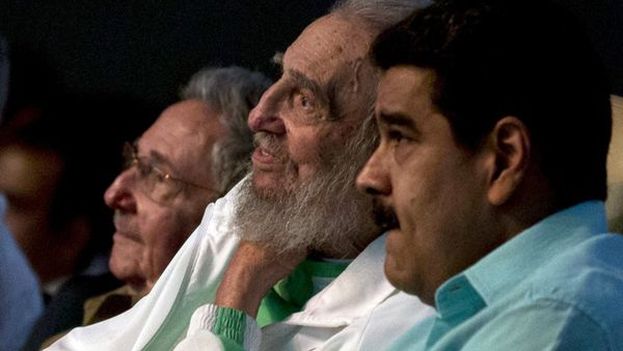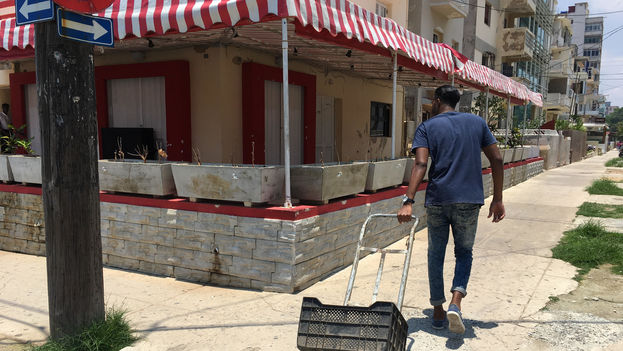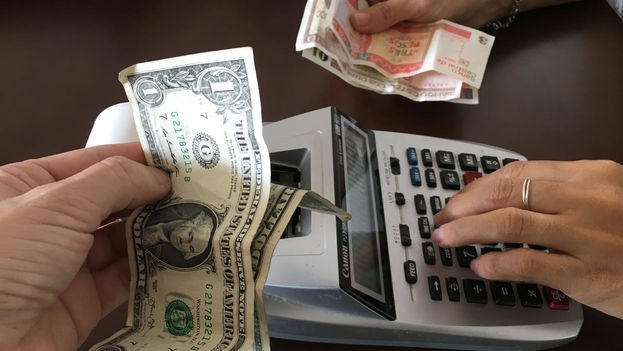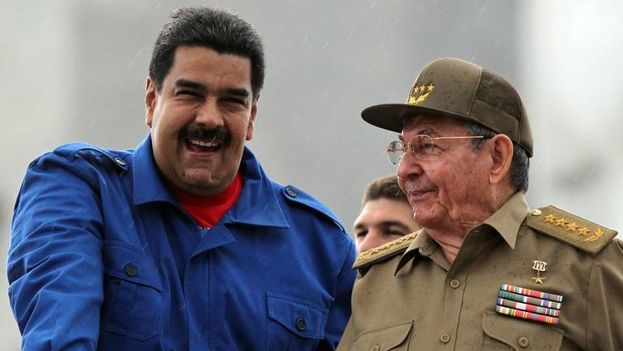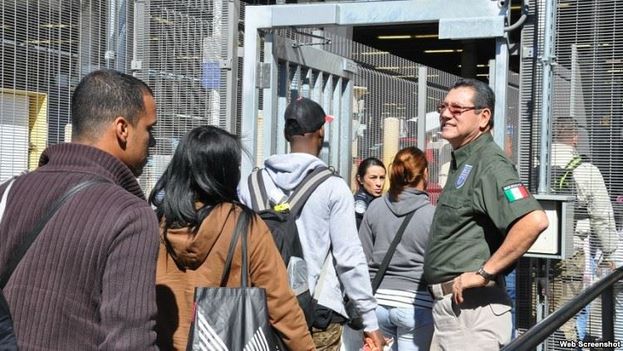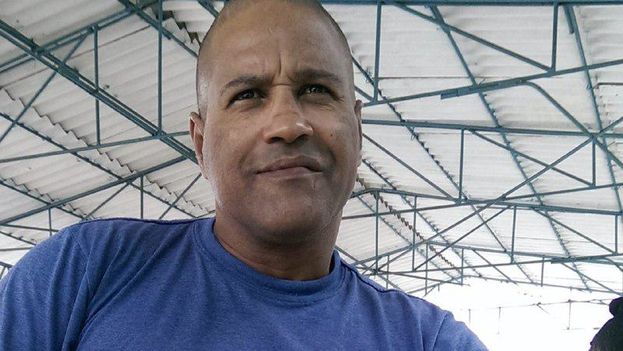
![]() 14ymedio, Havana, 4 January 2017 — Daniel Llorente, the man with the flag, has asked Federica Mogherini not to forget his case because it demonstrates “the lack of political freedoms in Cuba.” The activist who hoisted the flag of the United States during last year’s May Day parade has since spent eight months in detention including seven in a psychiatric hospital.
14ymedio, Havana, 4 January 2017 — Daniel Llorente, the man with the flag, has asked Federica Mogherini not to forget his case because it demonstrates “the lack of political freedoms in Cuba.” The activist who hoisted the flag of the United States during last year’s May Day parade has since spent eight months in detention including seven in a psychiatric hospital.
With the arrival on the Island of the High Representative of the European Union for Foreign Affairs and Security Policy, Llorente demands that justice be done and that he be released as soon as possible, according to a telephone conversation with14ymedio. continue reading
The head of European Union diplomacy arrived on Wednesday in Havana on her first trip since the signing of the Political Dialogue and Cooperation Agreement between the EU block and the island, which went into effect on November 1.
“I want to express to Mogherini that I am here, kidnapped, on the orders of Raúl Castro,” says the activist, who is being held at the Comandante Doctor Eduardo Bernabé Ordaz Ducungede Psychiatric Hospital, popularly known as Mazorra.
“I am grateful that she has come to our country and I thank the European Union for her interest in approaching Cuba, but always ensuring that human rights are respected,” he added.
“I am also requesting that she assess my case so that justice is done, because my social and political rights are being violated,” said Llorente, who has not yet received a medical evaluation of his case despite the repeated complaints he has made.
After several denunciations of his treatment in the independent media, the “man of the flag” is appealing to Mogherini to take “some measure” that allows “this situation to end, because the kidnapping has gone on for eight months.”
Llorente regrets that the Cuban government wants to make the world believe that he is a psychiatric patient. “No doctor has diagnosed me with a single mental disorder and no court has ruled against me.”
After eight months deprived of liberty, Daniel Llorente Miranda has come to the conclusion that the threads of his case are being handled from the highest levels of the Government.
“I accuse Raúl Castro Ruz of my kidnapping and of an abuse of power over me; if I was hospitalized I would be receiving medical treatment and that is not the case.” He adds that if he were imprisoned for a crime, then “he would have a [formal] case,” but no formal charges have been made against him nor has he been presented with a file number.
Known as the “man of the flag” Daniel Llorente has stood out for the activism he displayed, alone, after the diplomatic thaw between Cuba and the United States. His image traveled through social networks and made the covers of many international newspapers when he hoisted the flag of the neighboring country during the beginning of the last year’s May Day parade in the Plaza of the revolution. The digital newspaper The Washington Free Beacon chose him as 2017’s Man of the Year, calling him “Cuban Flag Guy.”
During the public intervention that ended with his confinement and that took place a few yards from a platform with high representatives of the Government, including Raúl Castro, and in front of the domestic and foreign press accredited on the island, the activist shouted for freedom for Cuba. As a piece of performance art, it broke the uniformity of a rehearsed choreography but lasted only a few seconds because his trajectory was interrupted by seven security agents who rushed at him and took him down him by force.
Since then he has not touched another flag of the United States other than the one he has tattooed on one of his hands, and his oppressors have managed to keep him away from the activism he performed on the streets.
Considered an opponent “on his own account,” he is characterized by his appearances at public events with the Stars and Stripes to demand a closer relationship with the neighboring country and democracy for Cuba.
The first time he publicly waved the US flag was during the reopening in Havana of the embassy of that country in 2015. The following year he did it again in the context of the visit to Cuba of US president, Barack Obama. Later he was detained for several hours after waving his flag to welcome the first cruise ship in half a century to arrive in Cuba from the United States.
Since his last arrest, which occurred on the same day as the incident in the Plaza of the Revolution, Llorente has not been allowed out in the streets for a single day. He spent the first weeks of his imprisonment in the 100 and Aldabó Prison, but at the end of May he was transferred to the Mazorra Psychiatric Hospital.
From there he went on a hunger strike, sent several letters and gave interviews to various independent media to denounce a confinement that he described as “unfair” since his case has been subject to no mediation by a court, nor is there any court decision that justifies the “post-criminal security measure” that they are applying to him.
______________________
The 14ymedio team is committed to serious journalism that reflects the reality of deep Cuba. Thank you for joining us on this long road. We invite you to continue supporting us, but this time by becoming a member of 14ymedio. Together we can continue to transform journalism in Cuba.

